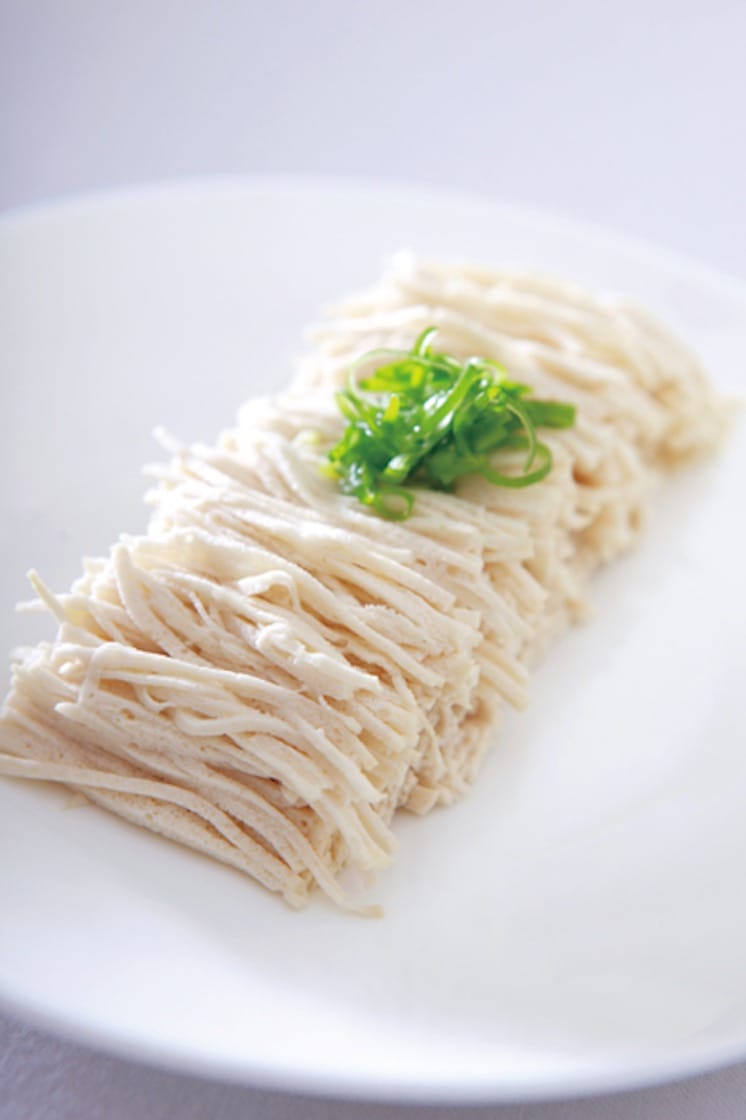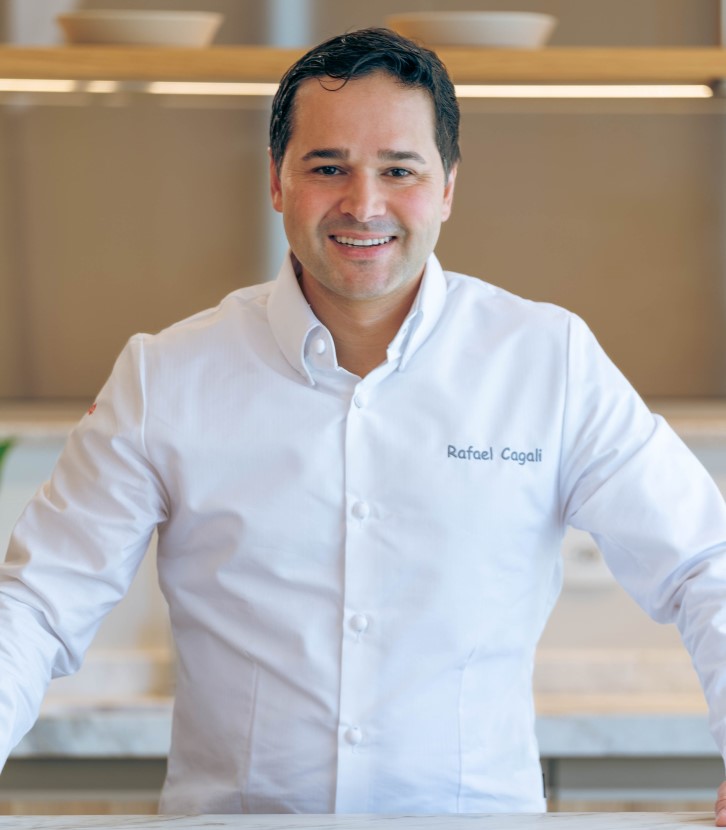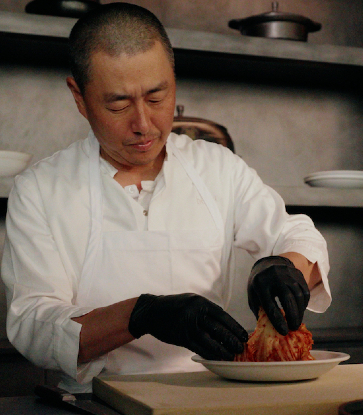Chinese restaurant The Guest House in The Sheraton Grand Taipei is one of the two restaurants that were lauded with two Michelin stars at the inaugural MICHELIN Guide Taipei 2018 last month. Head chef Lin Ju-wei shares his joy on receiving the prestigious dining accolade.
A dish is often a reflection of one’s personality, and that can be said of chef Lin Ju-wei. Flipping through the menu, one gets an impression that these dishes are rather ordinary. However, once these dishes are served, the flavours speak volumes—a sign of the chef’s well-seasoned culinary skills.
Of the chefs from two- and three-Michelin-starred restaurants in the MICHELIN Taipei Guide 2018, Lin is the only Taiwanese in the highly-regarded category. Growing up, Lin was not academically inclined and at a crossroads on what he wanted to achieve in life. After graduating from high school, he worked as an assistant in the buffet restaurant in a popular hotel in Taipei.
After a few years, he gradually developed an interest in cooking Chinese cuisine. As fate would have it, Lin met Lin Chen Chin, who is now the executive chef of the Sheraton Grand Taipei Hotel after completing his national service stint. He would go on to spend the next two decades under the tutelage of chef Lin Chen Chin.

Chef Lin says: “There are chefs with varying experiences in every kitchen. Regardless, one needs to remain hands-on. If you expect people to do something for you, make sure that you have done that task.” Although chef Lin is the head chef at The Guest House, he is not afraid to roll up his sleeves in the kitchen. For example, he instinctively helps peel a fresh delivery of prawns when his crew is busy with other responsibilities.

The Importance of Teamwork
In his journey as a Chinese chef, Lin notes that mastering a deft control of heat of the wok is the most difficult skill. He says: “There are no short-cuts to mastering this skill. Without in-depth experience, you will not be able to discern if the right aroma, colour and consistency of a dish are achieved.”
Instead of naming a dish that zeroes in on his culinary chops, chef Lin decided to put the spotlight on a side dish that calls for good teamwork and dedication from his kitchen staff. The dish calls for the pig’s ears to be cleaned before being pickled, and the pig’s tongue is bundled before being cured.
We invite chef Lin to reflect on his restaurant's Michelin-starred journey.

What was your first encounter with the MICHELIN Guide?
As a Chinese chef, we may not have much emotional affiliation with the MICHELIN Guide as compared to chefs that come from Western cooking backgrounds. I started to take notice of the Guide in 2008 when the it launched in Hong Kong—I realised that the MICHELIN Guide was also interested in the culinary scene in Asia.
What was it like when your restaurant received two Michelin Stars for the first time?
The prospect of being awarded with two Michelin Stars seemed impossible before I went onstage. The reality only set in when I went onstage to receive the accolade.
How did you celebrate?
How has the MICHELIN Guide impacted your career?
The biggest impact would be that the accolade has added more stress to the kitchen team and I. However, it is a good form of pressure that will motivate and drive us to grow further,
What advice do you have for young chefs aiming for Michelin stars?
Work slow but steadily. In today’s fast-paced environment, young people tend to be too result-oriented without focusing on the learning process. They have unrealistically lofty dreams but forget that they need to get their foundation right before being able to develop further.
RELATED: The First Day We Got Our Stars: Ryohei Hieda of RyuGin in Taipei
























